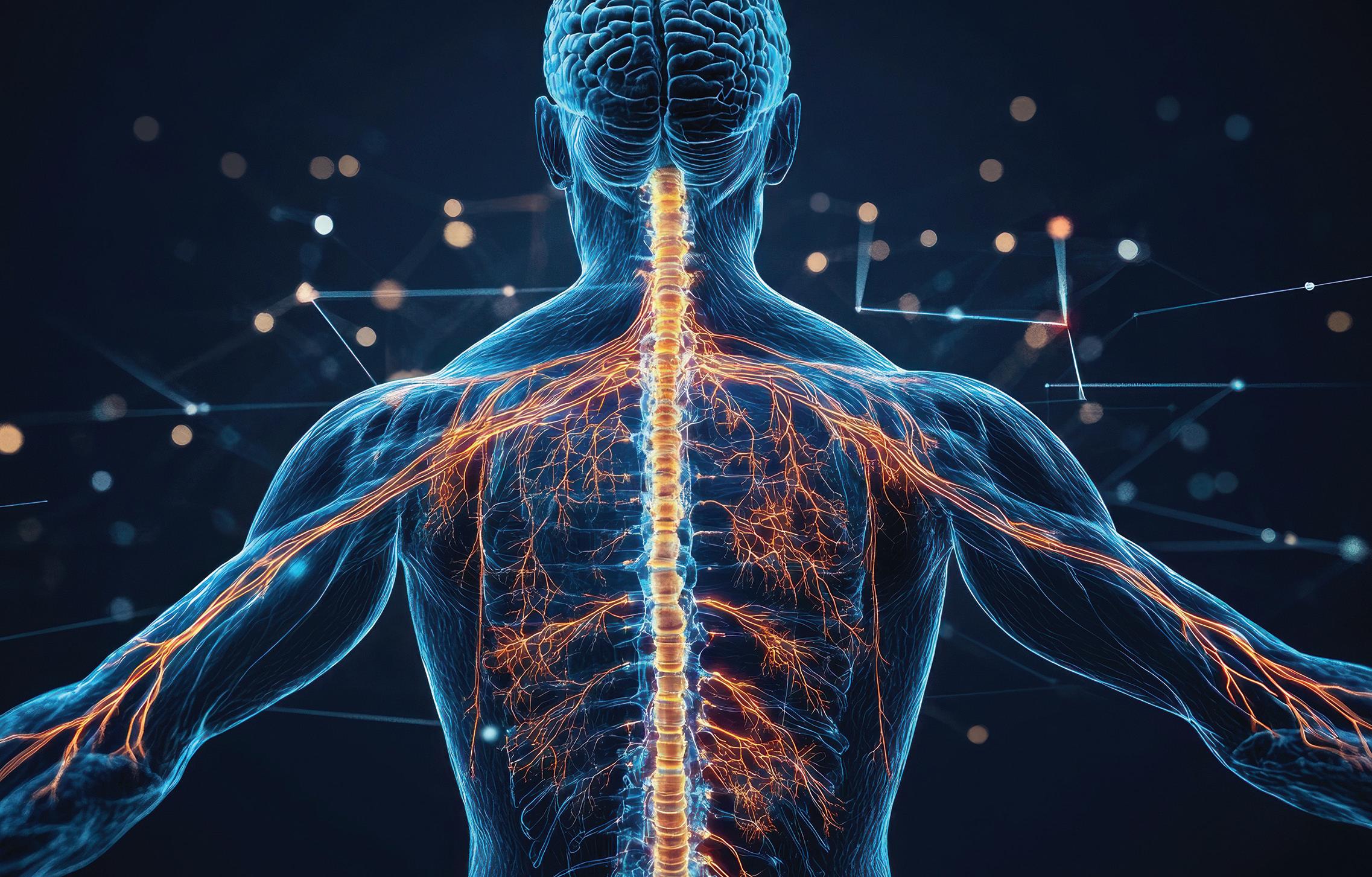

Health and Human Physiological Sciences
Why study Health and Human Physiological Sciences at Skidmore?
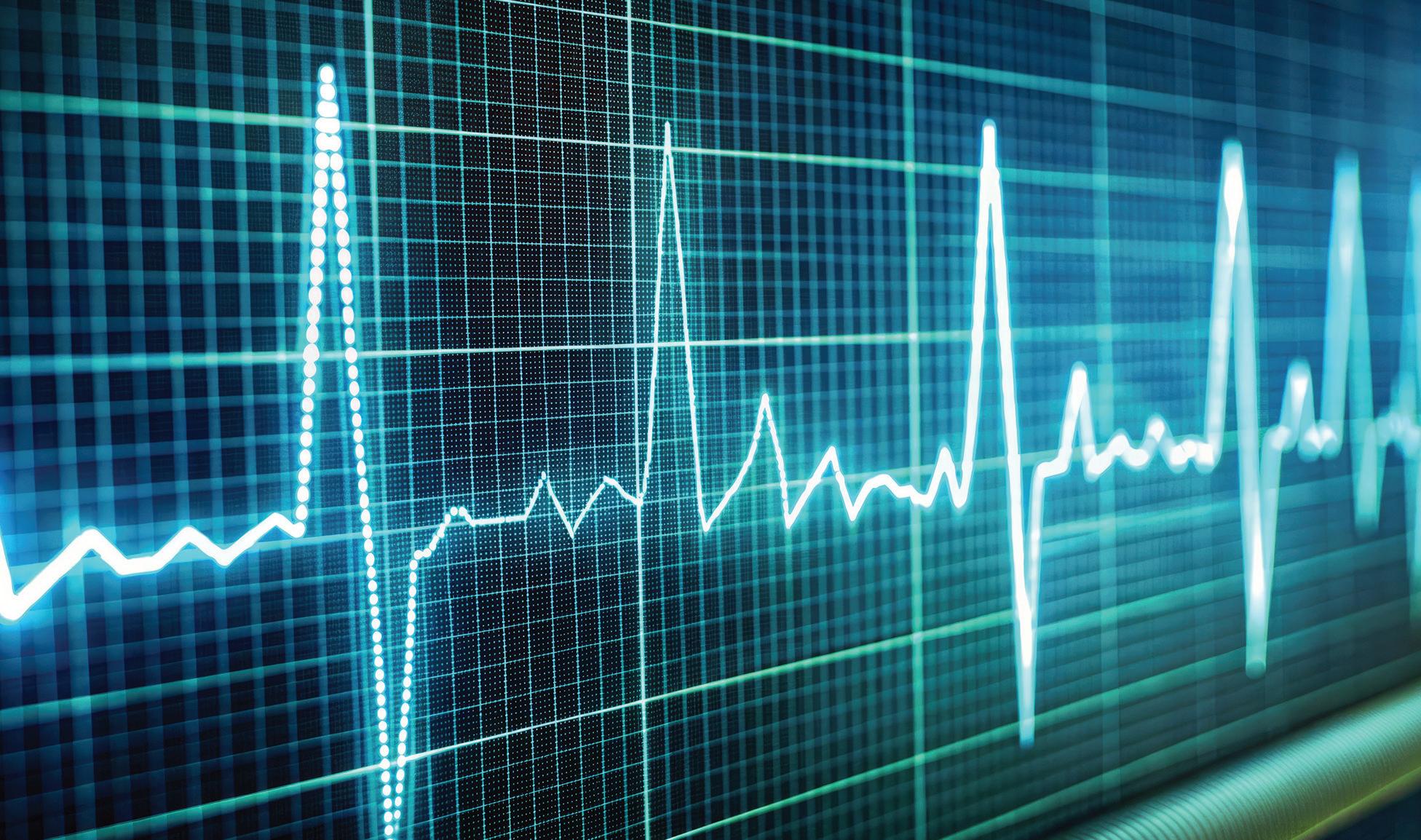
The mission of Skidmore’s Health and Human Physiological Sciences (HHPS) Department is to provide engaging pedagogies that allow undergraduate students to gain an understanding of physiology and how it impacts human health and performance.
Embedded within our teaching is a pursuit of new knowledge that uncovers previously unknown connections among physiology, health, and performance. The Department of Health and Human Physiological Sciences’ coursework and research emphasize an understanding of the interplay between environmental factors, nutrition, exercise, and disease on human function, as well as the physiological mechanisms regulating human health and performance.
Bolstering our progressive curriculum is a commitment to integrating knowledge from the molecular to the public health level, across all physiological systems. With an average student-to-faculty ratio of 8 to 1, students will have high levels of interaction with their faculty.
student to faculty ratio
HANDS ON EXPERIENCES AND RESEARCH OPPORTUNITIES
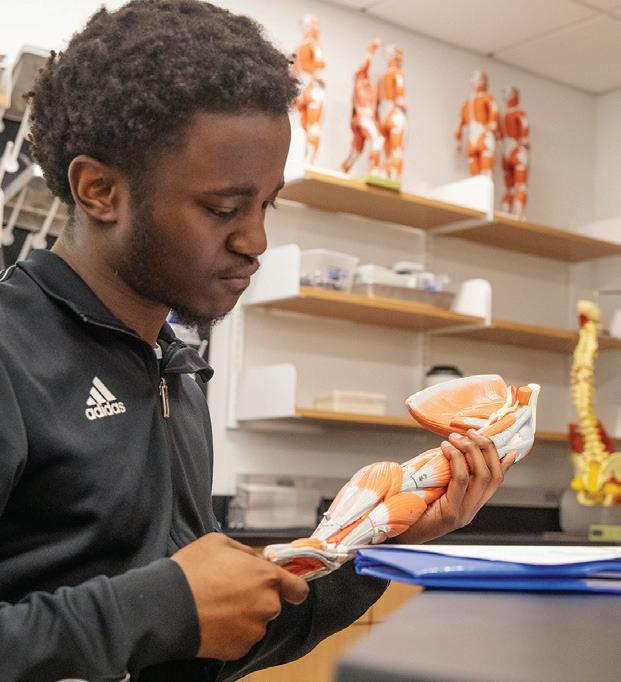
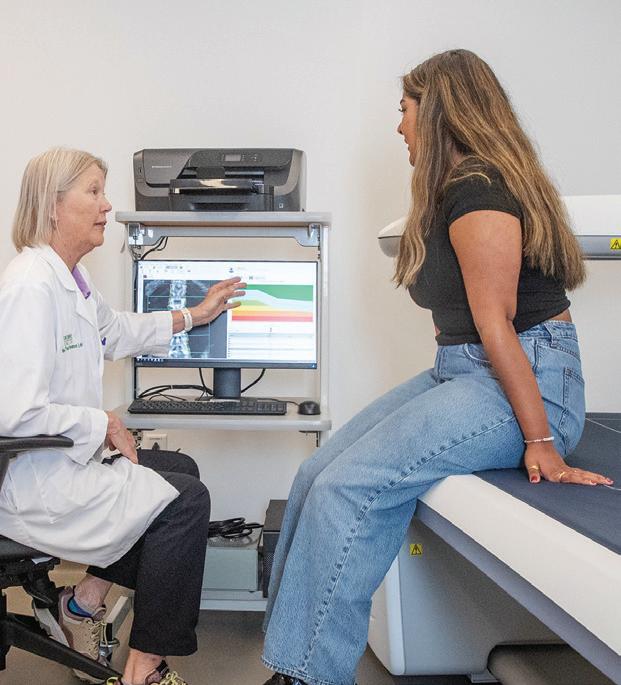
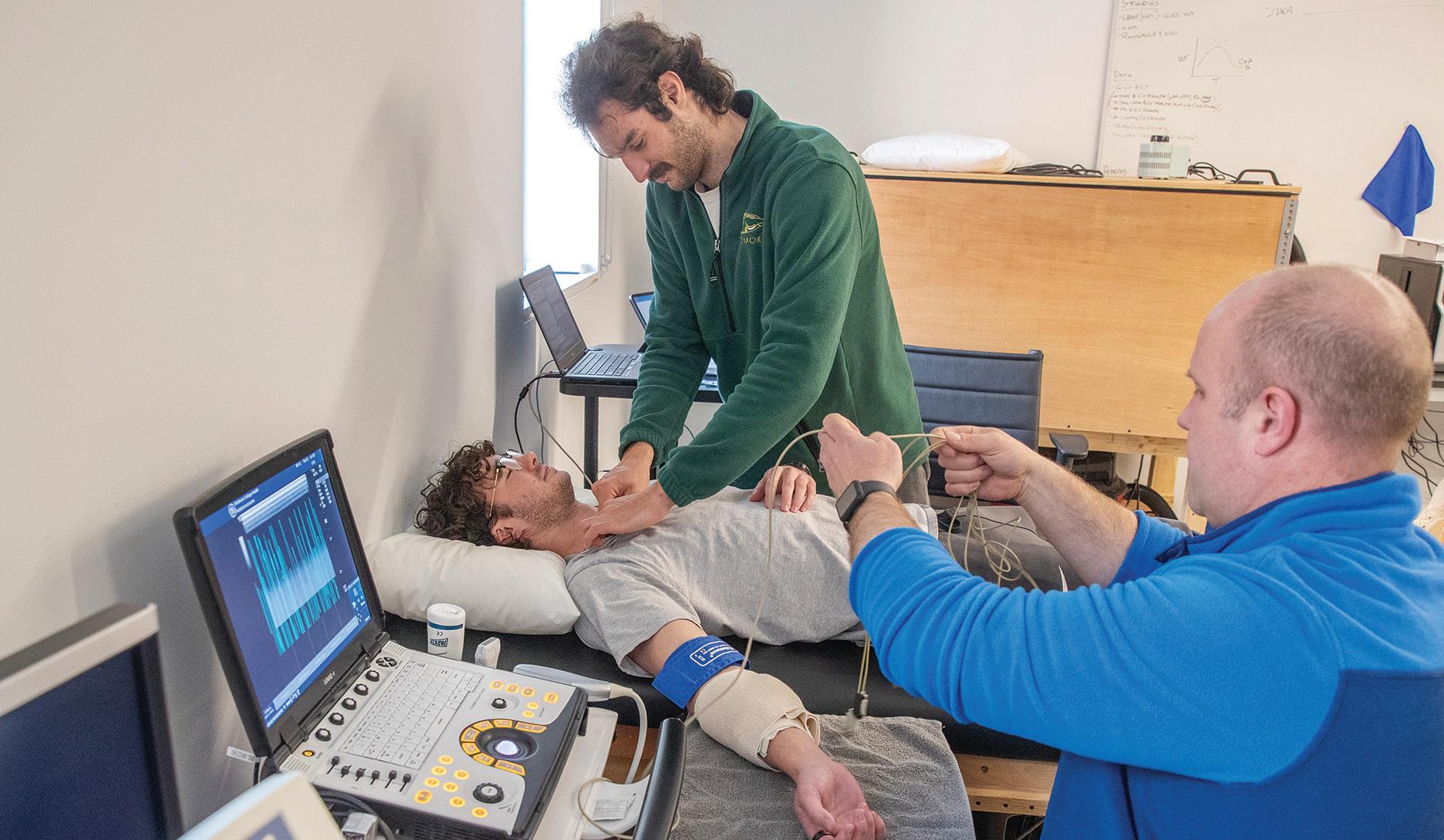
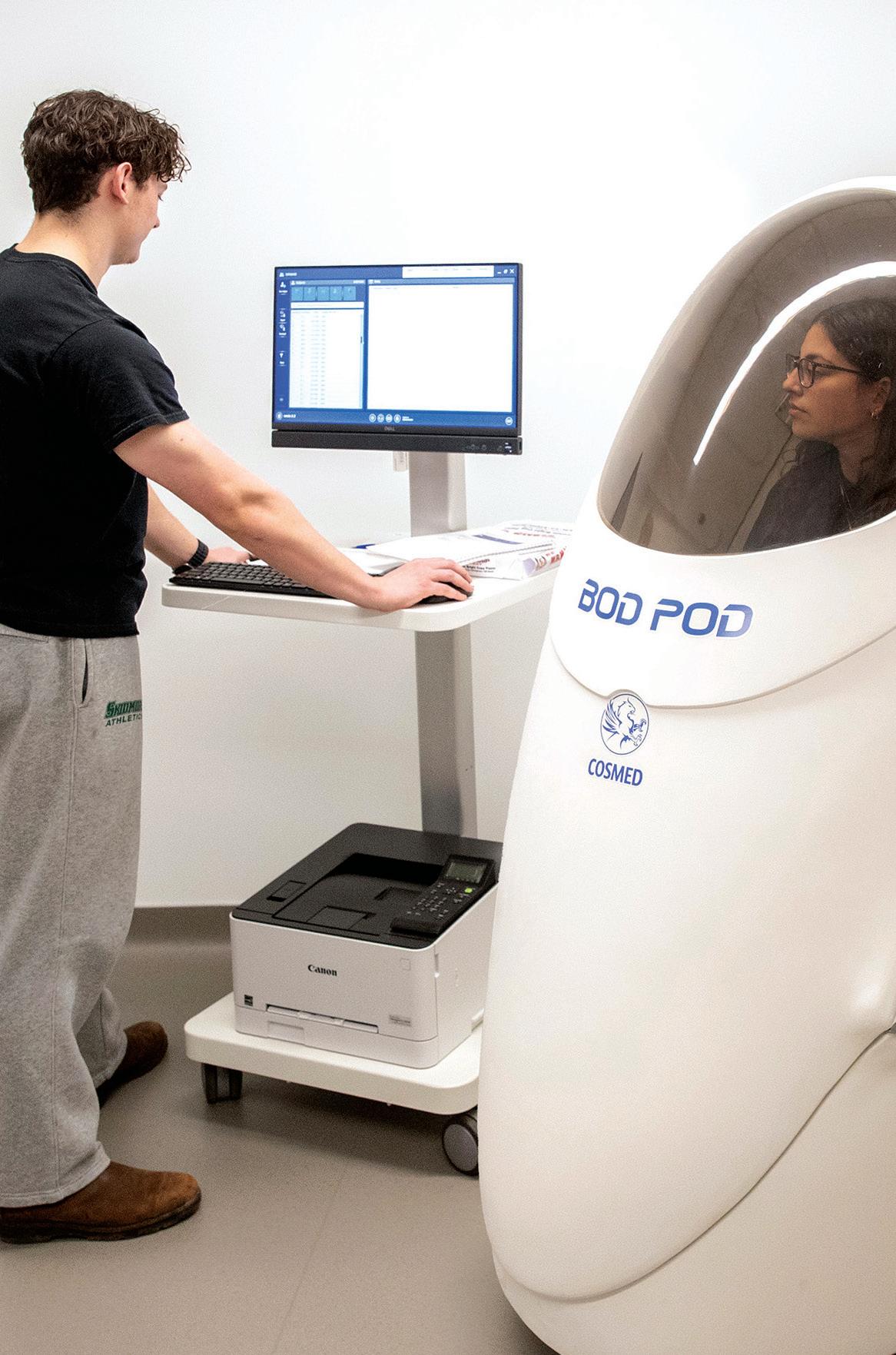
EARNING YOUR BACHELOR’S IN HEALTH AND HUMAN PHYSIOLOGICAL SCIENCES
What will you study?
The Health and Human Physiological Sciences faculty are committed to furthering student comprehension in physiology, nutrition, exercise physiology, and biochemistry by providing high-impact learning experiences beyond the traditional classroom. This is accomplished by utilizing state-of-the-art facilities and working with students as collaborators to conduct nationally and internationally recognized research.
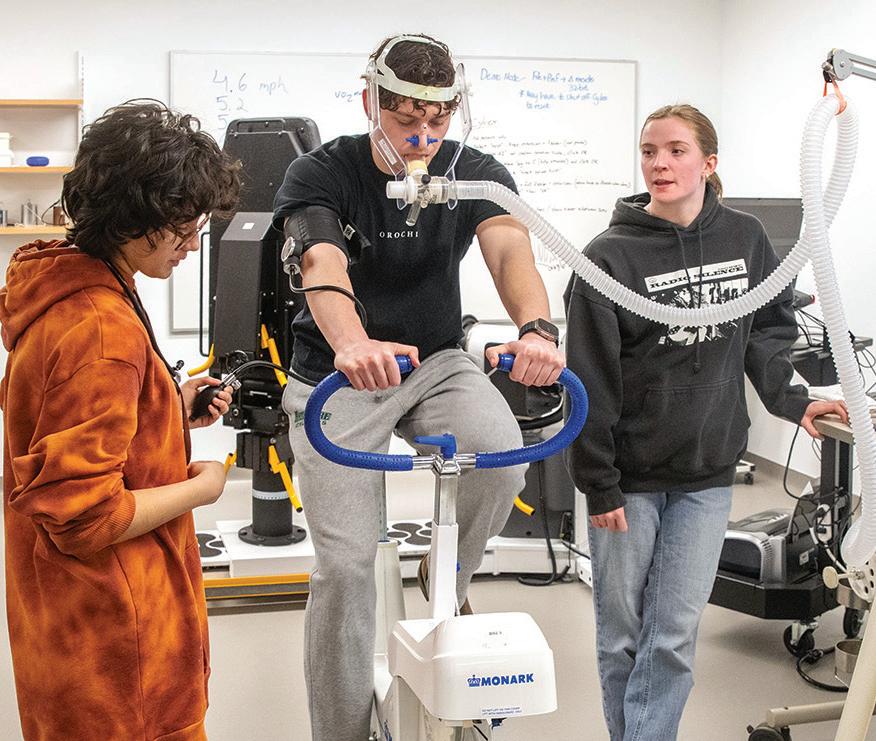
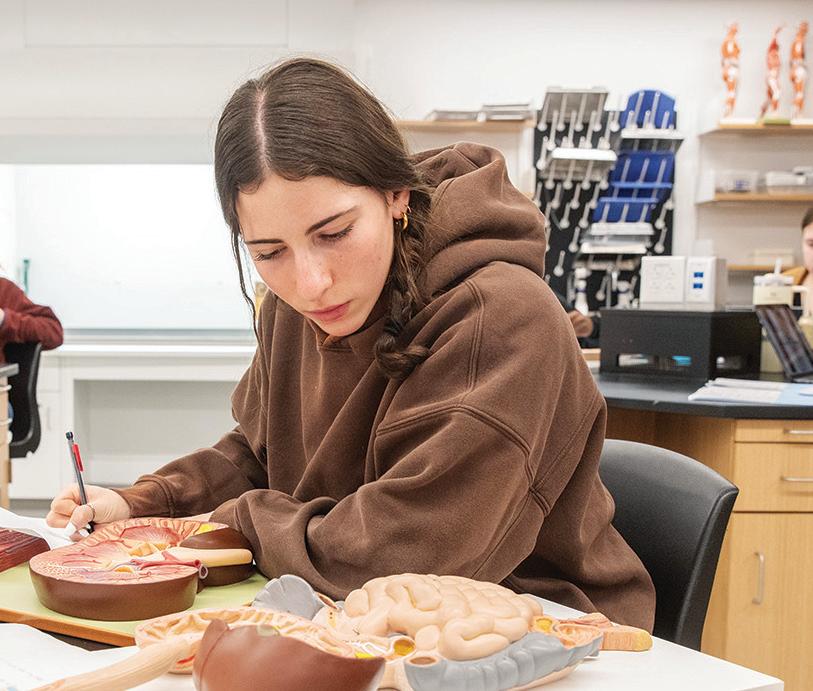
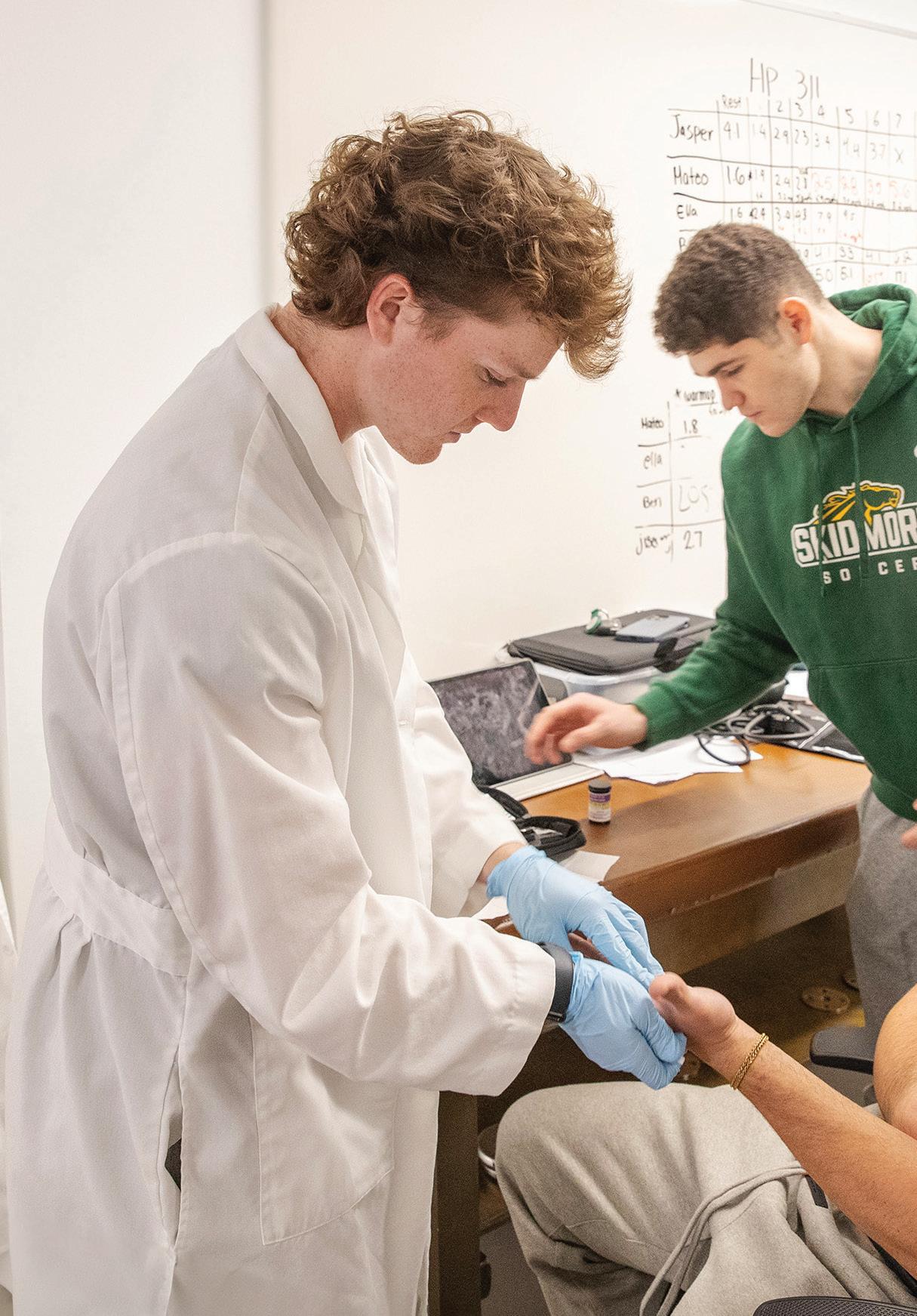
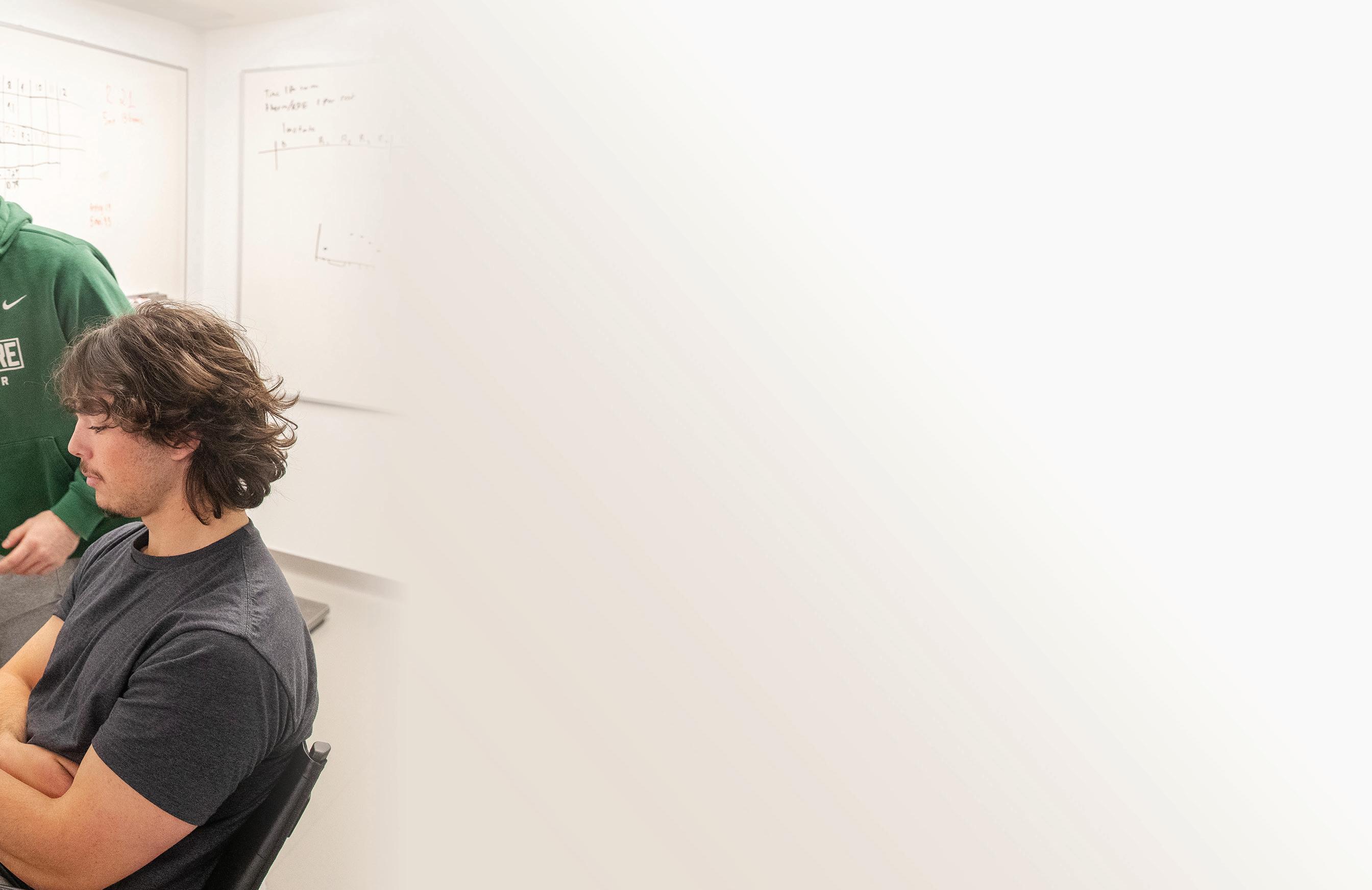
Participating in Research:
At Skidmore, students engage deeply in the research process through classroom, lab, and independent projects. Project-based learning allows hands-on experience, with opportunities for semester or summer research, including funded programs like the Faculty Student Summer Research Program. Students work alongside faculty on meaningful investigations that often lead to professional conference presentations and peer-reviewed publications.
Faculty research is supported by major funders such as the National Institutes of Health, Department of Homeland Security, American Heart Association, Robert Wood Johnson Foundation, and industry partners. This integrative, experience-based approach to physiology prepares students for graduate studies and careers in public health, biomedical research, and the health professions.
FACULTY RESEARCH FOCUS
Paul J. Arciero, D.P.E.
Nutrition, physical activity, and cognitive interventions to optimize health and performance across the age, fitness, and health spectrum.
Patricia C. Fehling, Ph.D.
First responder health and safety, cardiovascular health and disease.
Stephen Ives, Ph.D.
Cardiovascular physiology, autonomic control of the CV system, blood pressure, and vascular function, dietary and exercise interventions.
T. H. Reynolds, Ph.D.
Insulin and glucagon signal transduction, cellular aspects of obesity, mechanisms of insulin resistance, and aging.
Denise L. Smith, Ph.D.
First responder health and safety, cardiovascular health and disease.
Majoring in Human Physiological Sciences in the HHPS Department
Students are required to fulfill the general College requirements and to complete the following:
CORE REQUIREMENTS
HP 111 Introduction to Exercise Physiology
CH 125 General Chemistry
HP 126 Human Anatomy and Physiology I
HP 127 Human Anatomy and Physiology II
HP 131 Introduction to Public Health
MS 204 Statistical Methods
+1 OF THE FOLLOWING
HP 312 Cellular Aspects of Skeletal Muscle Physiology and Metabolism
HP 313 Integrative Physiology of Adipose Tissue
HP 314 Applied Anatomy and Kinesiology
HP 242 Principles of Nutrition for Health and Performance
HP 255 Research Techniques in Health and Human Physiology
HP 311 Advanced Exercise Physiology
HP 355 Research Design
HP 315 Cardiovascular Physiology in Health and Disease
HP 316 The Physiology of Aging
HP 317 Clinical Cardiovascular Disease
HP 318 Human Endocrine Physiology
OPTIONAL
HP 351 Topics in Health and Human Physiological Sciences
HP 371 Independent Study
HP 375 Senior Research
HP 299 Professional Internship I/II

Over
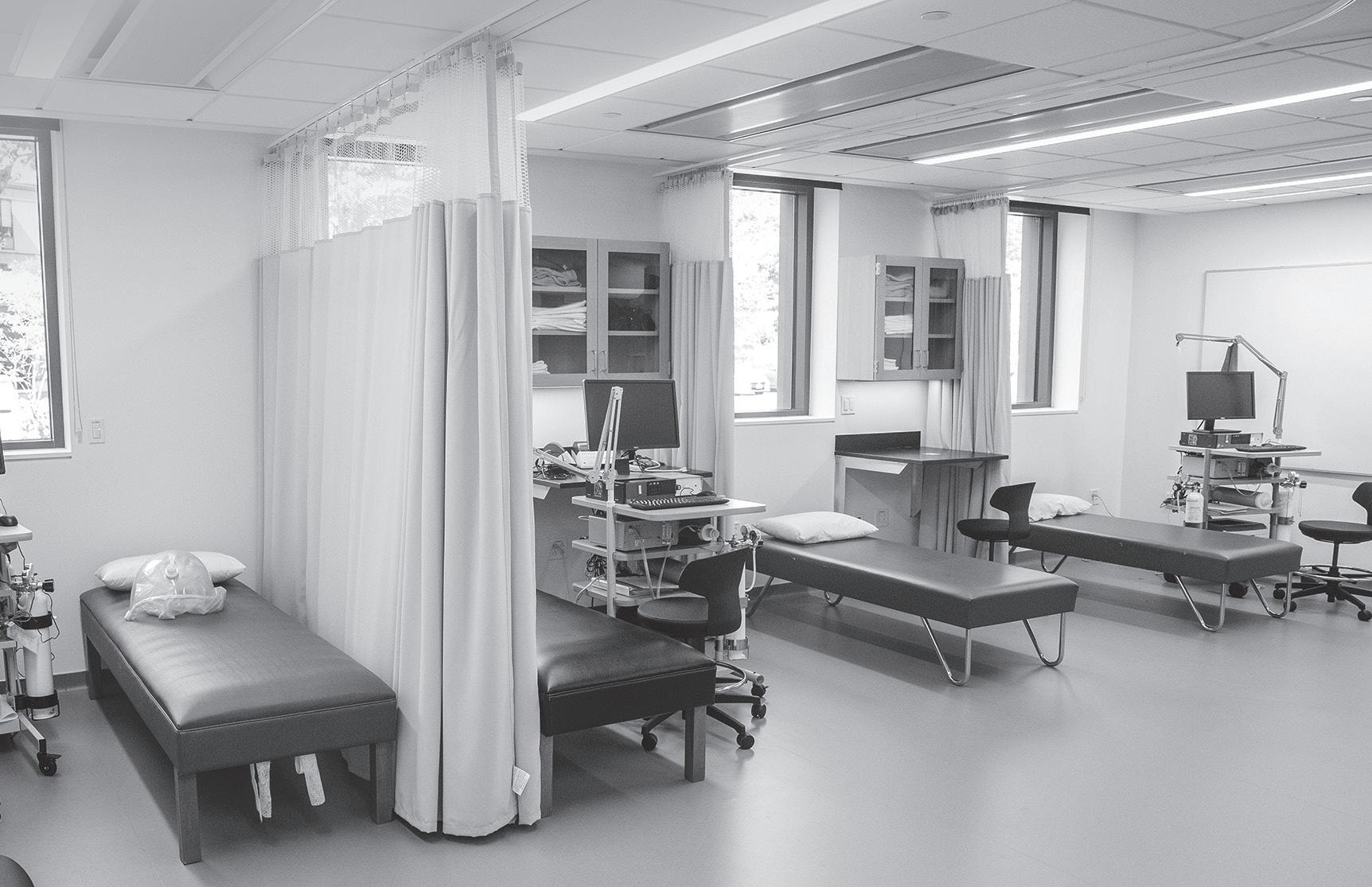
Healthcare Professionals:
of our graduates matriculate to programs in the allied health field (e.g. physical therapy, medicine, nursing, etc.). The remaining graduates work in clinically related positions or in industry.
Our major is flexible to allow students to complete additional courses that may be necessary for successful application into professional programs. The college also offers the Health Professions Advisory Committee (HPAC), which provides students with another layer of advising to ensure they are on track for their career goals.
STUDENT SUPPORT
Student success is essential in our educational mission; thus, beyond the professor’s office hours, we offer peer academic coaching (PAC), who provide drop-in sessions for help with studying and assignments.
STUDY ABROAD
Our potent but efficient curriculum lends flexibility to students to study abroad, with the most popular locations being Australia, New Zealand, and Denmark.
Facilities
Our science facilities are state-of-the-art. But you should expect that. The difference here is that they’re yours — access isn’t even a question.
The laboratory and research facilities in the Health and Human Physiological Sciences Department at Skidmore College allow students hands-on access through curriculum-based lab classes and involvement in faculty research projects. Skidmore’s liberal arts focus and wealth of laboratory resources provide excellent opportunities for direct applications of the concepts and knowledge learned in the Health and Human Physiological Sciences program. Our labs are “bench to bedside” ranging from wet labs suited for basic or biomolecular science to labs suited for pre-clinical or clinical assessments of health and physiology.
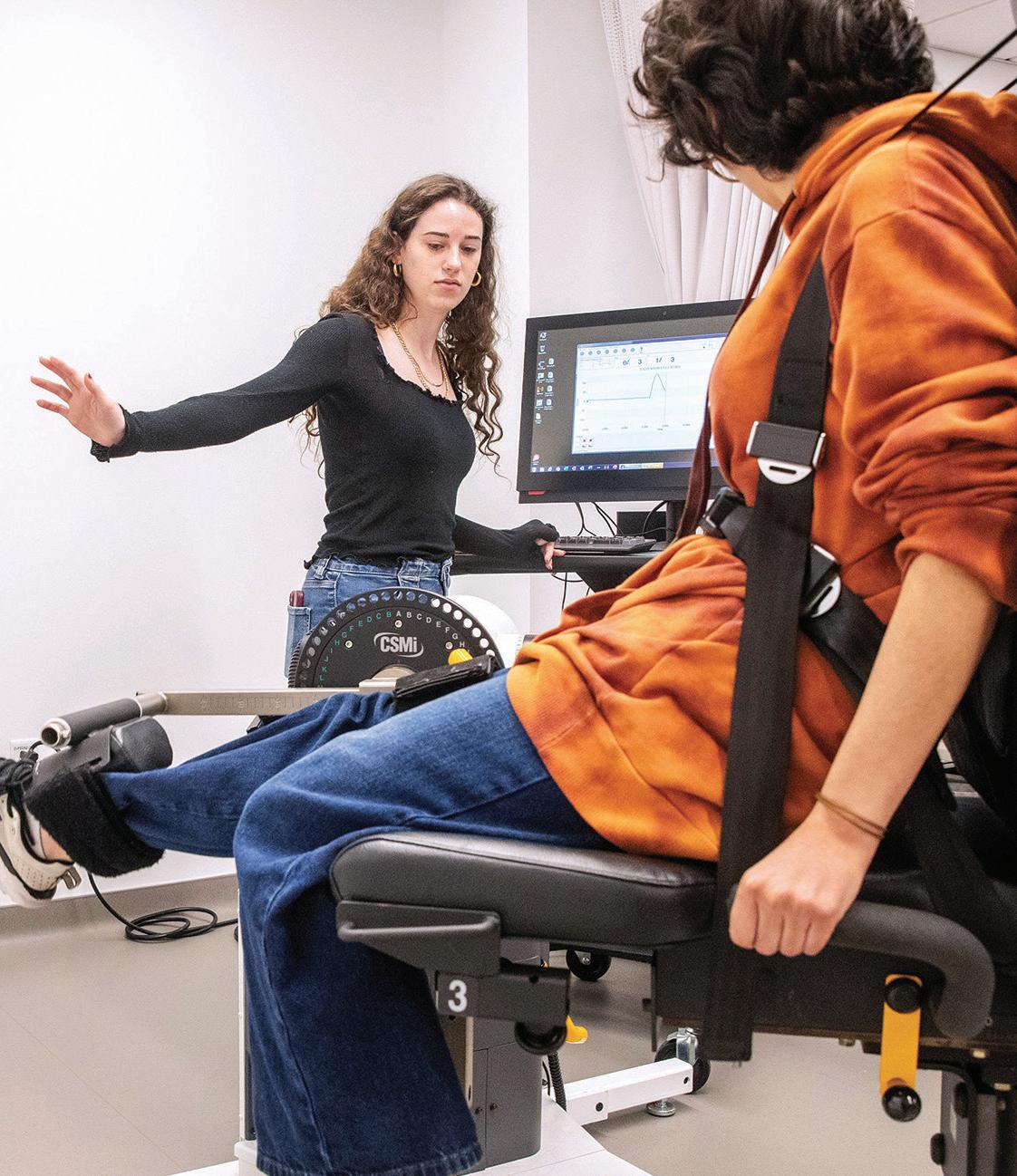
Clinical
and Applied Biochemistry Lab
provides students opportunity to learn alongside faculty performing in vitro assessments of tissues or samples to better understand physiological processes and their response to interventions (e.g., aging, diet, exercise, etc.). This is accomplished by standard biochemical laboratory techniques such as gel-electrophoresis, immuno-blotting, quantitative real time PCR, and a variety of enzyme-linked immunosorbent assays (ELISA).
Nutrition and Metabolism Lab is well-suited to conduct resting metabolic rate measurements. The Nutrition and Metabolism Lab is adjacent to our other body composition labs to ascertain the influence of nutritional and physical activity intervention on energy metabolism, body composition, glucose tolerance, and cardiovascular disease risk in healthy and diseased populations.
Integrative Vascular and Exercise Science Lab is focused on cardiovascular health and physiology. The Integrative Vascular and Exercise Science Lab is seeking to better understand vascular function, arterial stiffness, the autonomic nervous system influence on the CV system, and their relation to blood pressure and CVD risk in healthy and at-risk individuals.
First Responder Health and Safety Lab
Their mission is to enhance the health, safety and performance of first responders by conducting scientific research to elucidate the dangers of this important occupation, and develop and test interventions to mitigate those dangers.

A full list of our resources can be found at skidmore.edu/hhps/facilities/index.php
Where are they now?
A SAMPLE OF WHERE HHPS GRADS HAVE GONE AFTER SKIDMORE.
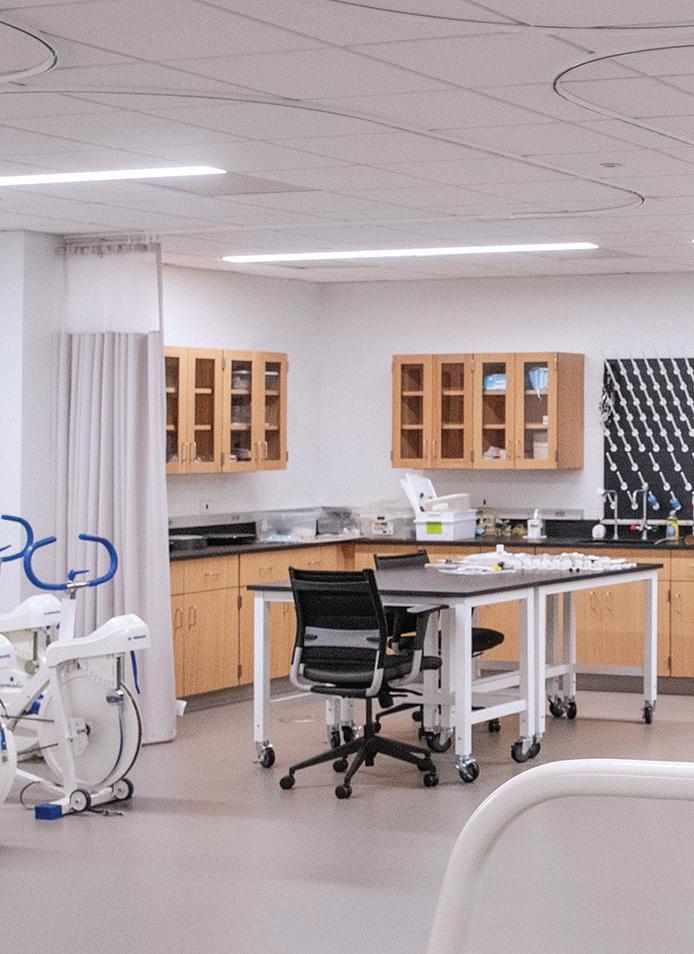
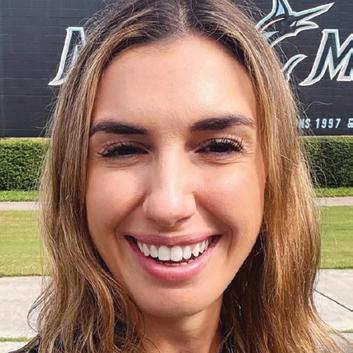
OLIVIA MINICUCCI ’16
Registered Dietitian for the Miami Marlins Major League Baseball team

MIKE ORMSBEE ’02
Professor, Graduate Program Director, and Director of Florida State University Institute of Sports Sciences and Medicine

JON BRESTOFF PARKER ’08
Associate Professor of Medicine, Washington University School of Medicine, St. Louis
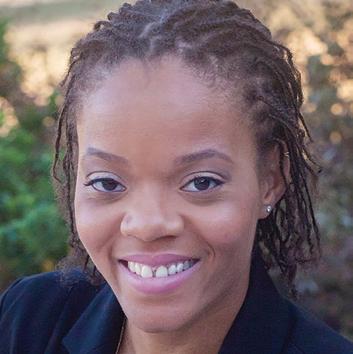
AMBER KINSEY ’10
Assistant Professor of Preventive Medicine, University of Alabama School of Medicine
HEALTH AND HUMAN PHYSIOLOGICAL SCIENCES GRADIATES
Life after Skidmore

PROFESSIONAL POSITIONS
ISS Program Deputy Scientist at NASA Johnson Space Center
Physician at Yale New Haven Hospital
Research Assistant at Harvard T.H. Chan School of Public Health
Pediatric Nurse Practitioner at Massachusetts General Hospital
CMC Regulatory Submissions Lead at Takeda Pharmaceuticals
Lead Research Specialist, Human Performance & Data Analytics, University of Pittsburgh
GRADUATE SCHOOLS
Postdoctoral Fellow – Salk Institute
MS in Data Science – Duke University
PhD in Translational Sciences – George Washington University
MS in Health Informatics – Weill Cornell School of Medicine
MSN – Columbia University School of Nursing
RD and MPH – Tufts University School of Medicine
PhD in Medical Anthropology – University of Maryland
DPT – George Washington University School of Medicine
Pharmacoepidemiologist at Genesis Research Group of our graduates go on to health-related fields such as physical therapy, medicine, nursing, dentistry, and physician assistant. Other students enter a variety of graduate programs in the physiological/biomedical sciences.
75%
FACULTY DIRECTORY
KAREN ARCIERO, DPT
Teaching Professor and Internship Coordinator
PAUL J. ARCIERO, D.P.E.
Professor and Director of Human Nutrition and Metabolism Laboratory
PATRICIA C. FEHLING, PH.D.
Professor
STEPHEN IVES, PH.D.
Department Chair and Professor
T. H. REYNOLDS, PH.D.
Professor
DENISE L. SMITH, PH.D.
Tisch Distinguished Professor, Professor, and Director of the First Responder Health and Safety Laboratory
For more information, visit skidmore.edu/hhps/index.php
